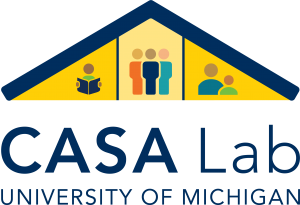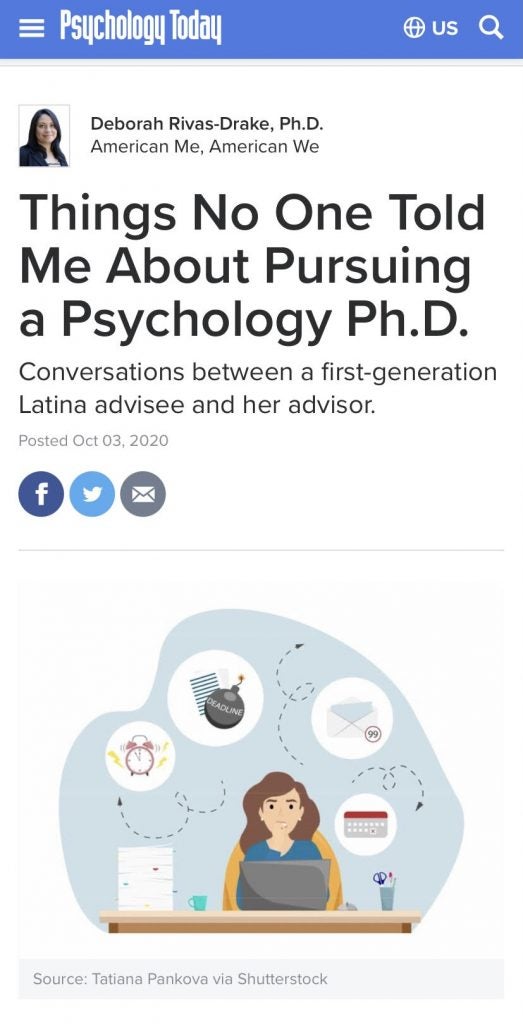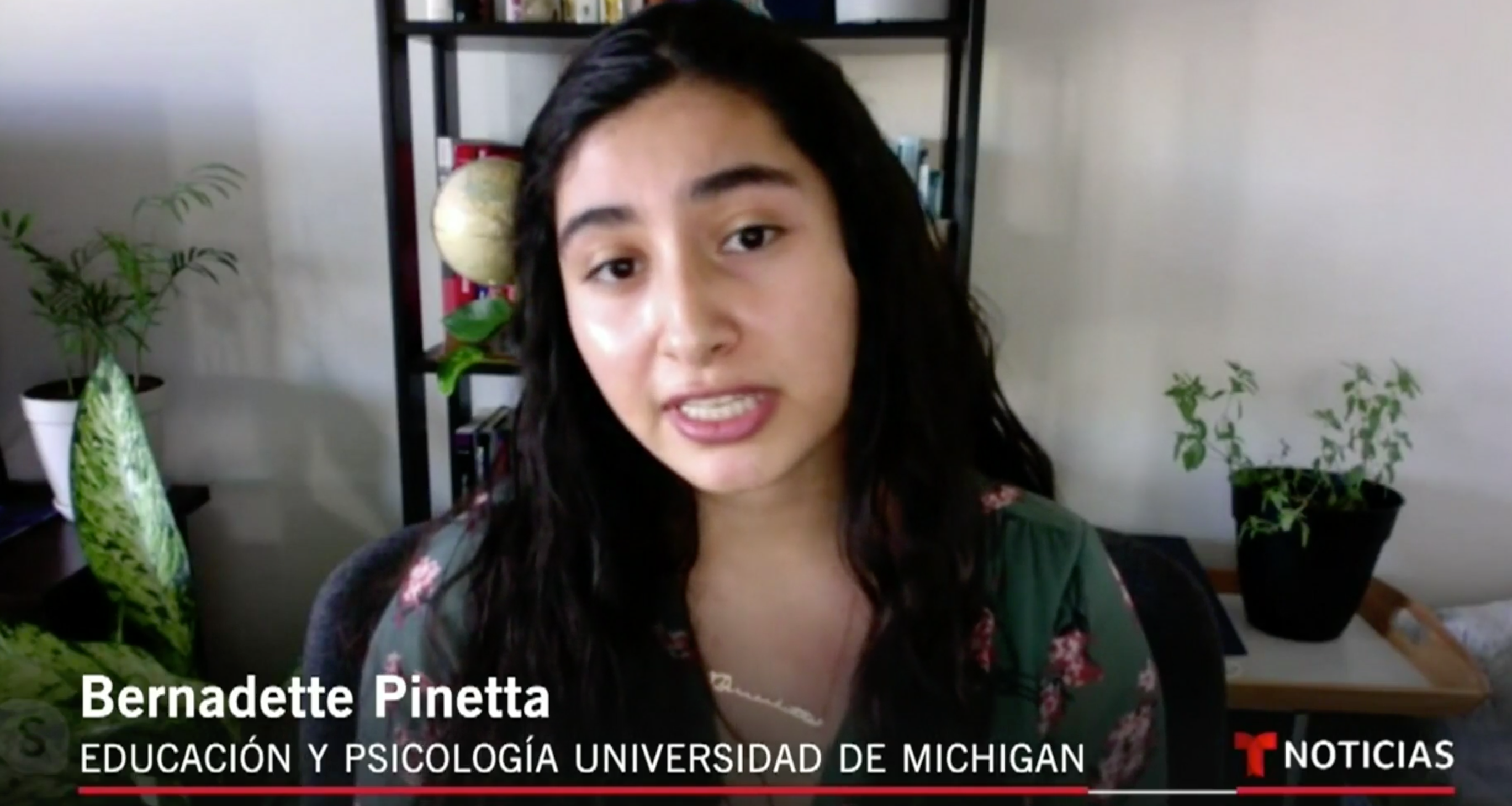
The CASA Lab at the University of Michigan examines school, family, community, and peer contexts of development – from early adolescence through young adulthood – among diverse youth. We are particularly interested in how identity, socialization, and experiences of (and responses to) racism and xenophobia shape the academic, socioemotional, and civic outcomes of youth of color.
Learn more about transformative SEL and the SCoPE Project here!
The CASA Lab envisions a world that is free of oppression and that does not operate under the frame of White supremacy, xenophobia, racism, and patriarchy. Through our scholarship, we strive to, and are committed to, uplifting and supporting the racial liberation efforts of youth, their families, schools, and communities. We are motivated to do work that actively moves toward dismantling systems of oppression, rather than promotes mere survival within them, and in this way, helps break intergenerational trauma both inside and outside of academia. Our work amplifies the ways youth and their families feel empowered by their identities, their narratives, and their roots, so that they may realize a world that is free, in ways beyond what we can imagine ourselves. In doing so, we hold each other accountable while actively and purposefully working to disrupt the legacy of racist hierarchies and value systems through research, teaching, service, and mentorship. CASA Lab members:
- Advance research about the complexities of race and ethnicity–and racism and xenophobia–through the study of identity, socialization, discrimination, and sociopolitical development;
- Engage scholarship by and about Black, Indigenous, and other People of Color (BIPOC);
- Dialogue about the implications of our work, our own backgrounds, and biases based on our multiple identities, as well as the larger systemic issues at play;
- Expect each other to articulate the transparency and inclusivity of our methods, implications for practice and/or policy of our work, and explanations of findings that do not blame individuals for the effects of systemic oppression;
- Employ a broad range of strategies to disseminate and translate knowledge in ways that are useful to our family, school, and community partners; and
- Build mentoring relationships among members to share and transfer knowledge and skills.


